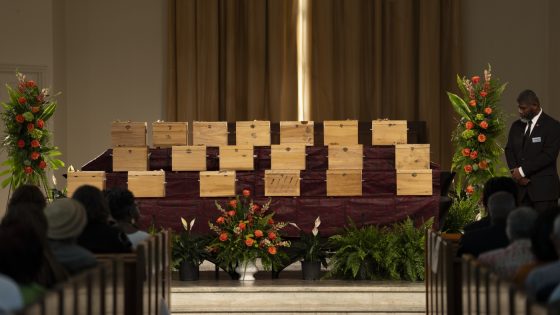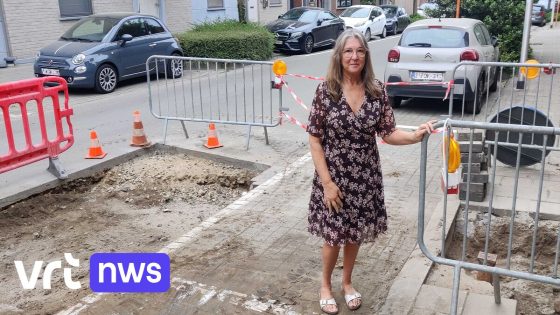The recent return of 19 Black Americans’ skulls to New Orleans marks a significant moment in the ongoing conversation about racial justice and historical accountability. These remains, sent to Germany over a century ago for pseudoscientific research, were finally repatriated on June 1, 2025. This poignant event highlights the need for reflection on the past and its implications for the present.
- Skulls of 19 Black Americans repatriated to New Orleans.
- Historical context of racial research and phrenology.
- Memorial service honored the deceased individuals.
- Acknowledgment of unethical acquisition by University of Leipzig.
- Biographical reconstruction from hospital death records.
- Emphasis on moving forward from historical injustices.
Among the individuals honored were Marie Louise, who died of malnutrition, and Hiram Malone, who succumbed to pneumonia. Their stories, along with others, were shared during a multi-faith memorial service that celebrated their lives and acknowledged the injustices they faced. This repatriation serves as a reminder of the importance of recognizing and honoring the histories of marginalized communities.
This event raises critical questions about how we address historical injustices. How can we ensure that such events are not repeated? The repatriation process involved collaboration between local and international institutions, highlighting the importance of collective action in rectifying past wrongs. Key takeaways include:
- Recognition of the ethical implications of historical research.
- The role of community in healing and remembrance.
- The necessity for continued dialogue on racial equity.
As we reflect on this significant moment, let US commit to honoring the past while advocating for a more equitable future. How can we ensure that the stories of those marginalized are never forgotten?






























